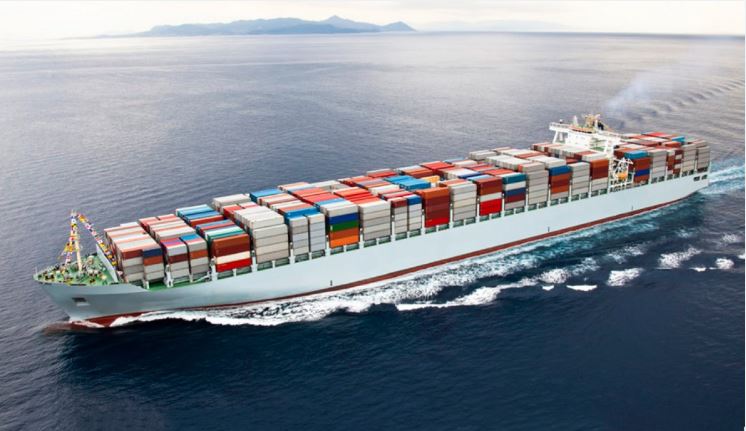News Flash

COPENHAGEN, Feb 4, 2025 (BSS/AFP) - The level of emissions from maritime transport is too high, an EU watchdog said Tuesday, imploring the industry to take steps to accelerate efforts to decarbonise the sector.
According to a new report from the European Environment Agency (EEA), emissions of methane from the maritime transport "at least doubled" between 2018 and 2023, as a result of increased transport demand.
The EEA said that the whole sector accounted for three to four percent of the EU's overall CO2 emissions, adding that it was a "share that needs to decrease."
"The report reflects the urgent need for the maritime transport sector to increase its efforts to reduce its carbon footprint and other environmental impacts such as water pollution," the EEA's Executive Director, Leena Yla-Mononen, said in a statement.
While noting that maritime transport is crucial for the European economy, the report noted several consequences harmful to humans and the environment in addition to the release of greenhouse gases -- such water pollution, as well as underwater noise and littering.
In 2022, CO2 emissions from maritime transport amounted to 137.5 million tonnes, a level similar to those before the Covid-19 pandemic and 8.5 percent higher than in 2021.
In addition, between 2015 and 2023, nitrogen oxide emissions increased by some 10 percent on average across the EU -- with certain areas seeing particularly pronounced increases, such as 33 percent in the Atlantic and 32 percent in the Arctic.
Another source of pollution is oil spills -- which occur mainly in the most navigated areas in the North Sea and the Mediterranean -- and the discharge of wastewater and plastics from ships.
The report noted that marine waste from fishing and maritime transport has been halved over the past ten years but cautioned that it remains difficult to monitor.
Yla-Mononen stressed the need for "speeding up efforts to shift to cleaner fuels, sustainable port and shipping practices to reduce its impact on marine and coastal ecosystems."
Globally, only 3.3 percent of the world's gross tonnage is transported with alternative fuels and batteries, the EEA highlighted, as it noted that the availability of biofuels is impacted as several sectors compete for it.